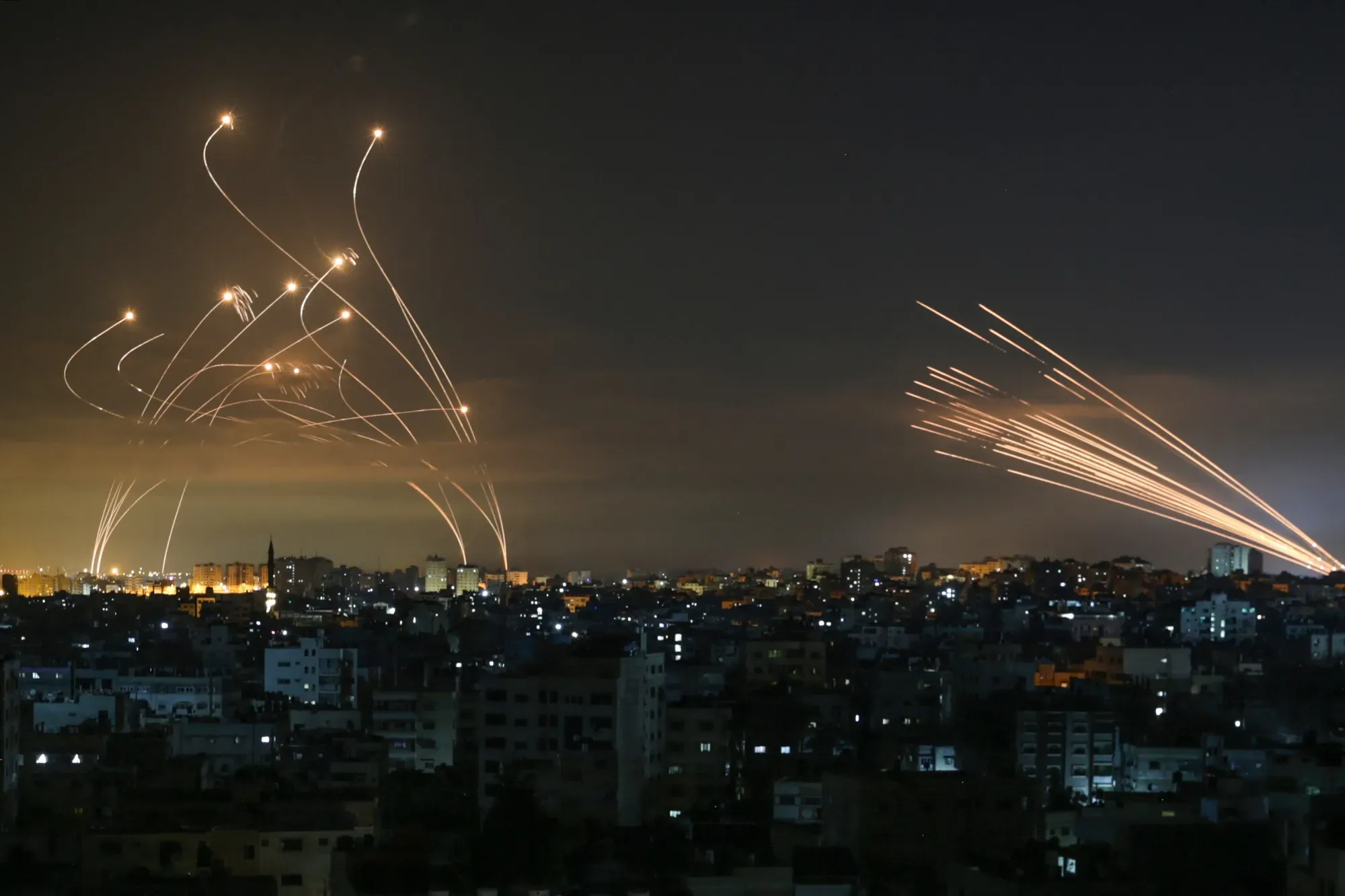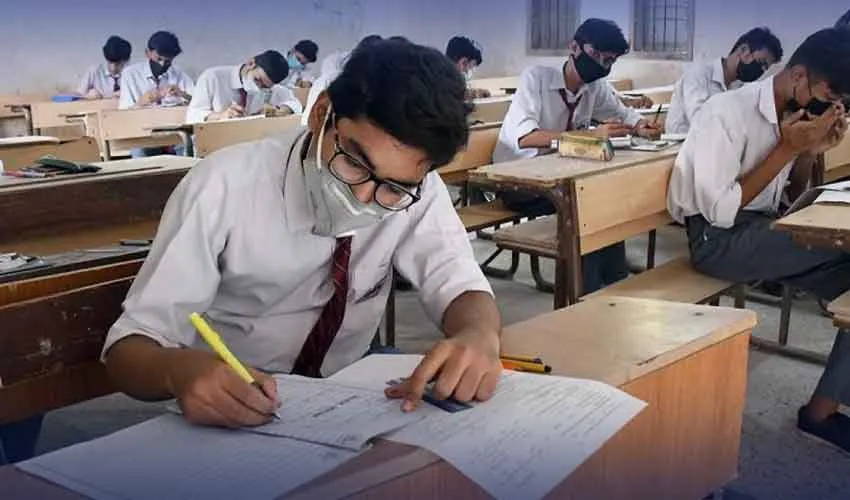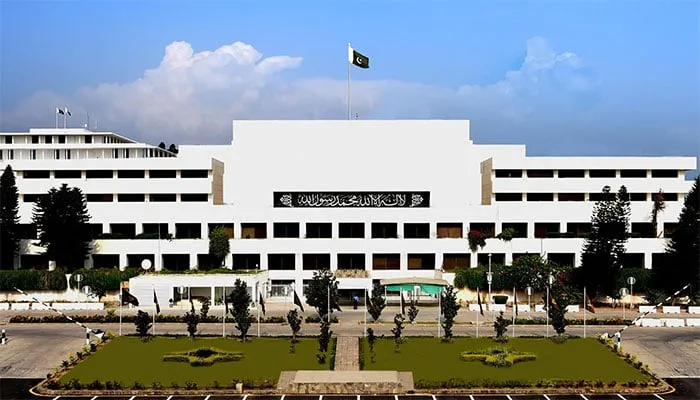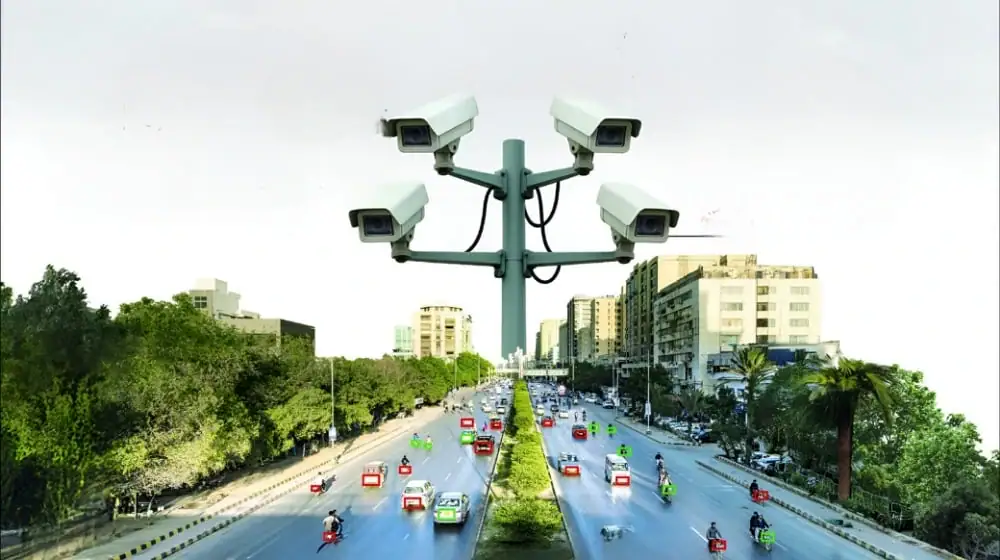The volatile Middle East witnessed another night of intense aerial exchanges as Iran launched a fresh wave of missile and drone attacks targeting major Israeli cities, including the economic hub of Tel Aviv and the strategic port city of Haifa. These latest assaults, occurring just hours after Israeli forces struck targets within the Iranian capital of Tehran, underscore a rapidly escalating conflict that has now entered its third consecutive day, fueling widespread international alarm.
Cities Under Siege: Civilian Impact and Rising Casualties
Across Israel, residents were once again jolted awake by the wail of air raid sirens, signaling incoming threats. Explosions lit up the night sky over Tel Aviv, with reports from Reuters and local Israeli media confirming impacts in residential areas. In Haifa, a crucial port city in northern Israel, Iranian missiles reportedly struck, causing damage to infrastructure, including a power plant, and leading to at least 15 reported injuries. Emergency services were actively engaged in search and rescue operations in affected areas, with early assessments indicating significant damage to buildings in various locations.
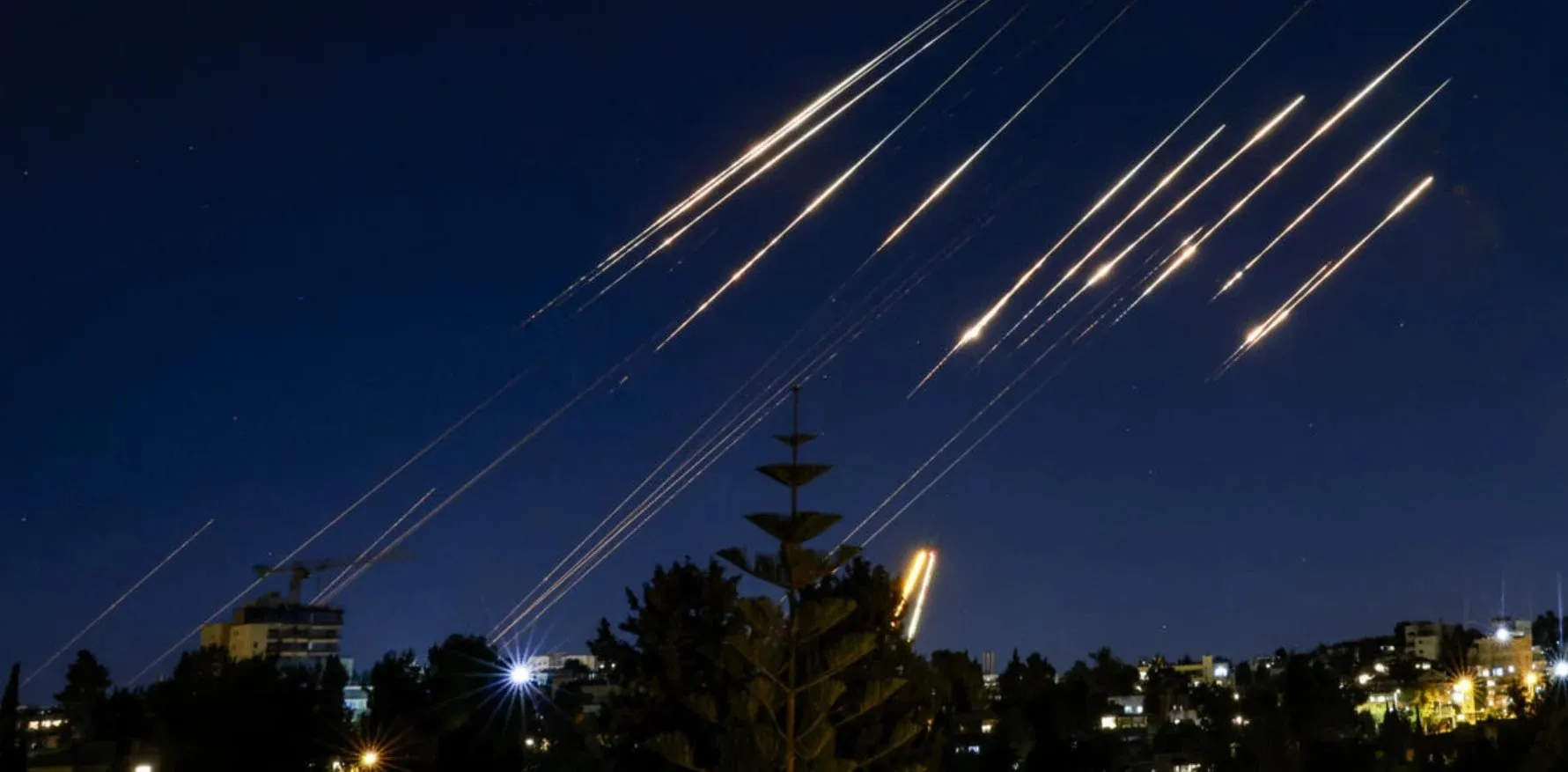
The ongoing conflict has led to a significant loss of life on both sides. In Israel, Magen David Adom, the national rescue service, reported that at least 13 people have been killed since Friday, with hundreds more wounded. In Iran, official sources claim the death toll from Israeli strikes has risen dramatically to 224, including 70 women and children, with over 1,277 people hospitalized. The casualties in Iran also reportedly include high-ranking military figures, such as the intelligence chief of the IRGC and two other generals, killed in Israeli attacks on Sunday.
Tit-for-Tat Escalation: The Cycle of Retaliation Deepens
The latest Iranian offensive follows a series of tit-for-tat attacks that have seen both nations abandon their long-standing “shadow war” for direct military confrontation. Iran’s Islamic Revolutionary Guard Corps (IRGC) has once again claimed responsibility, asserting these strikes are a direct and “powerful retaliation” for Israel’s sustained military operations on Iranian soil. Tehran explicitly cites Israeli attacks on its nuclear facilities, military installations, and the assassination of high-ranking Iranian military officials and scientists as the primary triggers for its intensified response.
The current escalation reportedly began on Friday, June 13, 2026, when Israel launched “Operation Rising Lion,” a large-scale offensive targeting over a dozen locations across Iran. These initial Israeli strikes, which Iran claims resulted in at least 224 fatalities, including many civilians, reportedly crippled key nuclear sites like Natanz and damaged military bases. Iran’s Foreign Ministry spokesperson, Esmaeil Baqaei, has also accused Israeli forces of deliberately targeting civilian infrastructure, including a children’s hospital in Tehran, a claim vehemently denied by Israel.
In response, Iran initiated its first wave of ballistic missile and drone attacks on Israel later that Friday, followed by subsequent barrages. The sheer volume and intensity of these Iranian attacks are being described as unprecedented, marking the first time Israel has faced a direct, large-scale conventional military challenge from a state actor in decades. While Israel’s advanced Iron Dome and other aerial defense systems have intercepted a significant percentage of incoming projectiles, some have evaded defenses, causing casualties and damage in Israeli cities.
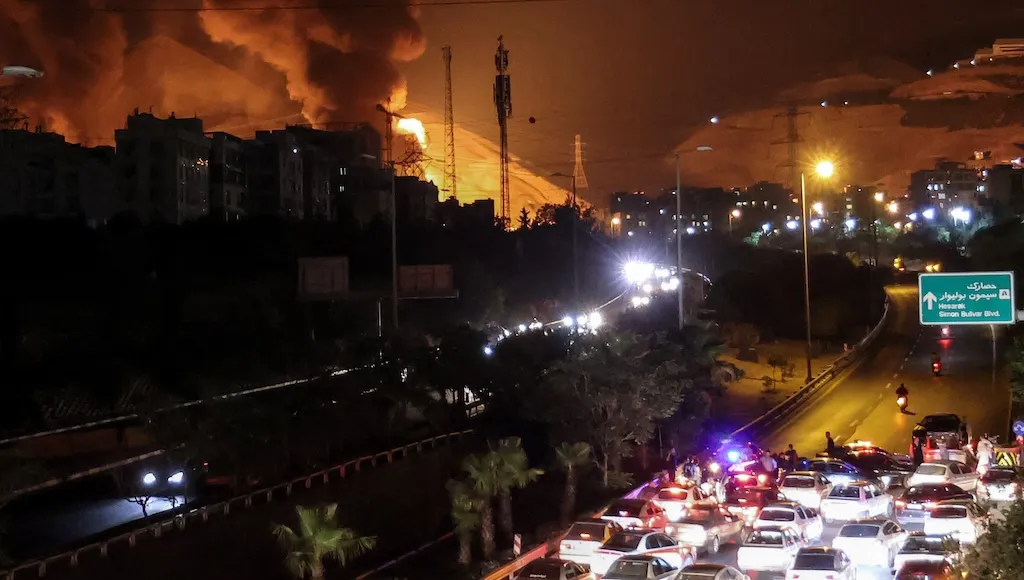
Global Appeals for Calm: A Region on the Brink
The international community is watching with bated breath, with urgent calls for de-escalation echoing from capitals worldwide. European Union foreign ministers are scheduled to convene an emergency meeting to discuss the crisis, aiming to coordinate diplomatic outreach to both Tel Aviv and Tehran. UN Secretary-General António Guterres has appealed for maximum restraint, warning that the Middle East cannot afford a wider conflict.
Meanwhile diplomacy is still at a standstill. US President Donald Trump which is to report that the U.S. is behind Israel’s back in terms of defense put forth that Iran and Israel may have to go to it out before we see any resolution to the issue at the same time he expresses hope in a negotiated solution. Turkish President Recep Tayyip Erdogan had been in contact with Trump via phone brought to his attention the need for immediate action to prevent a regional disaster and put forth to facilitate diplomatic efforts.
As we pass into the fourth day of the conflict the cycle of revenge shows no sign of ending. Both parties are as determined as ever, with Iran’s Foreign Minister Abbas Araghchi reporting that Iran will not moderate their response until Israel stops the attacks. We are at the brink of a full scale war which has large scale implications for the global stability and energy markets. The world is on edge waiting for Israel’s next action and also for some diplomacy to turn things around before we see an even greater disaster.



